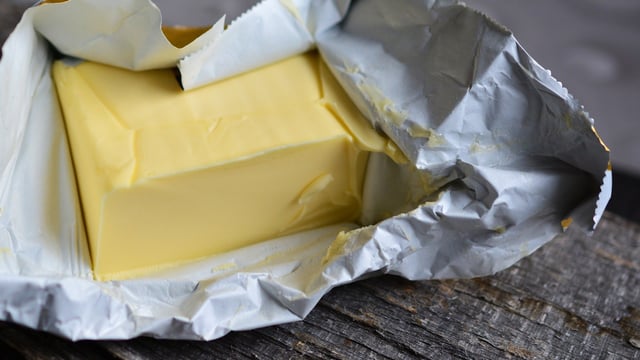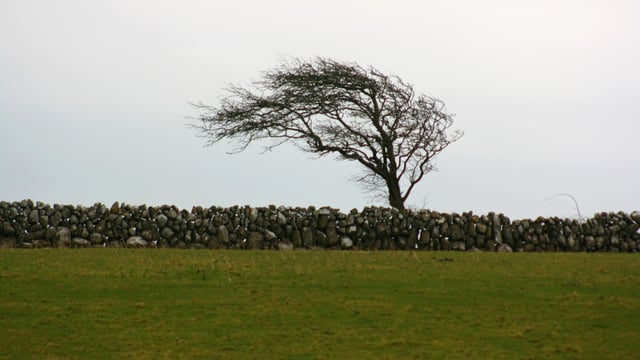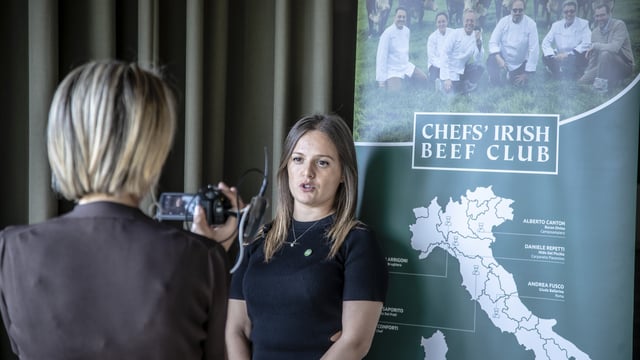Group developing carbon-removal system for farm forestry
A recently formed group of farmers, academics and legal experts is currently developing a certification and validation system for carbon removal from farm forestry.
The Carbon Removals Action Group (CRAG), which was established last October, currently has between 50 and 60 members.
Chair of the group, John Hourigan told Agriland that its formation grew out of conversations on the carbon footprint of farming.
The Limerick dairy farmer, who has 100ac of forestry, said that they were expecting the government to come up with a system whereby farmers would have a net carbon footprint.
"The government produced what the Irish carbon footprint was. They put in five million tonnes of CO2 being removed by Irish forestry and deducted it from the total to get our [national] net carbon output.
"Of that five million tonnes of CO2 removed by forestry, half of it belongs to farmers, as they own half of the forestry of Ireland," Hourigan said.
Carbon
The chair of CRAG maintains that climate change is being caused by the burning of fossil fuels.
The farmer said when he was told that he couldn't use the carbon credits in his forestry to offset against his dairy enterprise, he went about selling them.
But, he claimed, the government isn't willing to facilitate a company that will deal with carbon-credit transfers.
"A transfer company that wants to offset their carbon figures against forestry is not being allowed to do that, so it is going to be difficult to sell carbon credits, but they are saleable internationally," he said.
Although CRAG has yet to formally contact the government about its concerns, Hourigan said it plans to host a conference on the issue of the ownership of carbon removal from farm forestry, to which politicians will be invited.
"The way our government is behaving they want to confiscate our property rights in terms of our carbon removals."
He said the group is prepared to take legal action on the matter.
As mentioned, CRAG is currently in the process of setting up a certification and validation system with academics, for farmers, in relation to carbon removals from forestry.
According to Hourigan, some academics have said that this must be quantified in a 100-year cycle but he claimed that most of them agreed that once the forestry is replanted after felling, it is considered continuous.
He said that the harvesting of forestry in an area could be staggered to allow for this, but he said delaying harvesting would require financial support for farmers.
Methane
Hourigan acknowledged that methane is a very volatile greenhouse gas (GHG) and does cause global warming, but he claimed that methane from ruminants is not a GHG:
He said he believes that the rise in the domestic ruminant population is offset by a decline in wild ruminant numbers, such as bison, deer and elk.
"The average cow will remove between 10-15t/CO2 per annum through the grass she eats, nobody ever mentions that, they are only interested in the methane she produces," he concluded.





